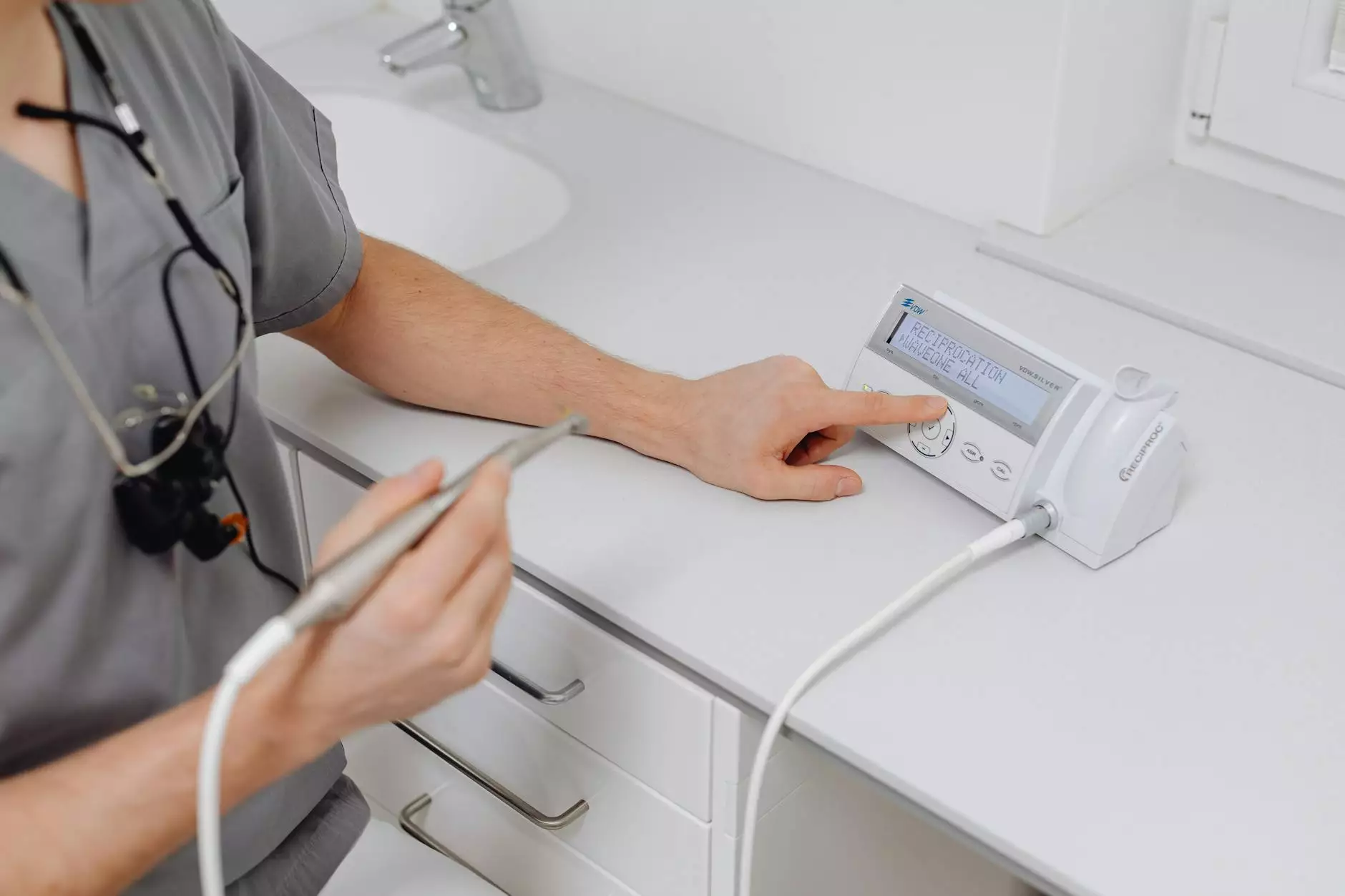The Impact of Mobile Health Trucks on Community Wellness

In an age where healthcare accessibility is a fundamental concern, mobile health trucks have emerged as a significant innovation in delivering essential health services directly to the communities that need them the most. These state-of-the-art vehicles are more than just transportation—they are a bridge connecting underserved populations with comprehensive healthcare solutions. This article dives deep into the multifaceted benefits of mobile health trucks, exploring their role, functionality, and impact on community health.
Understanding the Concept of Mobile Health Trucks
Mobile health trucks are specially equipped vehicles designed to provide medical services on-site, particularly in locations where traditional healthcare facilities may be lacking. These trucks serve as mini-clinics and are staffed by healthcare professionals, including doctors, nurses, and support staff, who deliver care in various forms, from preventive screenings to chronic disease management.
The Origin and Evolution of Mobile Health Services
The idea of transporting medical care to patients began decades ago with the development of mobile clinics that served rural or isolated areas. As healthcare needs became more complex, the vehicles evolved into comprehensive health trucks equipped with advanced technology. These advancements have allowed mobile health trucks to provide a wide range of services:
- Basic medical check-ups
- Vaccination programs
- Health education and awareness
- Chronic disease management
- Mental health services
The Benefits of Mobile Health Trucks
Mobile health trucks offer numerous benefits that have significant implications for public health outcomes. Here are some of the most notable advantages:
1. Enhanced Accessibility to Healthcare
One of the primary goals of mobile health trucks is to eliminate barriers to accessing healthcare. Many communities lack nearby clinics, leading to undiagnosed health conditions. By bringing healthcare directly to neighborhoods, these trucks facilitate:
- Convenience: Patients can receive care without the need for lengthy travel.
- Timeliness: Quick access to services reduces the chances of complications from untreated conditions.
- Increased Engagement: Individuals who may hesitate to visit traditional clinics are more likely to engage with mobile health services.
2. Cost-Effectiveness for Communities
Mobile health trucks can significantly reduce healthcare costs for communities and individuals. They often operate with fewer overhead expenses than traditional clinics. Furthermore, they can help prevent costly emergency room visits by providing preventive care and health education. This proactive approach leads to:
- Lower healthcare expenditures: By addressing issues before they escalate, mobile health services help control medical costs.
- Funding possibilities: Many mobile clinics receive grants and funding aimed at improving community health, ensuring affordability.
3. Comprehensive Services Tailored to Community Needs
Mobile health trucks are not one-size-fits-all solutions. They can adapt services based on the unique needs of the populations they serve. This adaptability translates to:
- Targeted care: Services can be customized to address specific health disparities within communities.
- Community input: Many mobile clinics involve local stakeholders in developing service plans, ensuring cultural relevance and effectiveness.
Technology Integration in Mobile Health Trucks
Advancements in technology have dramatically enhanced the functionality and efficiency of mobile health trucks. Equipped with telehealth capabilities, electronic health records (EHR), and diagnostic tools, these trucks can provide high-quality care that parallels traditional settings. Notable technological integrations include:
1. Telehealth Services
With the COVID-19 pandemic highlighting the importance of remote healthcare, many mobile health trucks have integrated telehealth capabilities. This allows patients to:
- Consult with specialists remotely for complex health issues.
- Engage in follow-up appointments without needing to travel.
- Access mental health services conveniently from their community.
2. Diagnostic Equipment
Mobile health trucks are often outfitted with sophisticated diagnostic tools that enable quick assessments. Some common equipment found in these trucks includes:
- Blood pressure monitors
- Glucose meters for diabetes screening
- Point-of-care testing devices for various health conditions
Mobile Health Trucks: A Community Collaborator
Mobile health trucks do not operate in isolation; they collaborate with various community organizations, local governments, and health systems to create a network of care. Examples of such collaborations include:
1. Partnerships with Local Health Departments
Many mobile health initiatives work closely with local health departments to identify health needs and target resources effectively. This collaboration leads to:
- Shared data for better health needs assessment.
- Coordinated health campaigns that reach a larger audience.
2. Engagement with Community Organizations
Local nonprofits and community groups often play critical roles in mobile health truck operations. Their contributions include:
- Outreach efforts to iscribe underserved populations.
- Providing volunteers and local resources to support health initiatives.
Success Stories and Case Studies
The effectiveness of mobile health trucks can be seen in various success stories throughout the United States. Here are a few impactful examples:
1. The Mobile Health Unit of New York City
In New York City, a dedicated mobile health unit has provided services targeting homelessness and low-income communities. Their comprehensive approach includes:
- ID services for chronic illnesses
- Vaccination drives in public areas
- Health fairs that promote well-being and preventive care
2. The Health Wagon in Virginia
The Health Wagon serves rural communities in Virginia, known for conducting outreach and health education workshops. Their impact is measurable through:
- Access to primary care and dental services.
- Increased vaccination rates in underserved populations.
Challenges Faced by Mobile Health Trucks
Despite their numerous benefits, mobile health trucks also encounter challenges that can hinder their effectiveness:
1. Funding and Sustainability
Securing consistent funding is a major challenge for mobile health initiatives. Many rely on grants and donations, which can fluctuate. Ensuring long-term sustainability requires:
- Building strong community support.
- Exploring diverse funding sources, including governmental and philanthropic support.
2. Logistical Constraints
Operating a mobile health truck requires effective logistics planning. Challenges can include:
- Managing the schedule to meet high demand.
- Maintaining the vehicle and ensuring it is always ready for operations.
Conclusion
In summary, mobile health trucks represent a pivotal evolution in how healthcare can be delivered, emphasizing accessibility, efficiency, and community engagement. As these vehicles continue to expand their reach, they are poised to play an increasingly critical role in promoting health equity and transforming the healthcare landscape. Communities across the globe can benefit from this innovative approach, empowering individuals to take charge of their health and improving overall public health outcomes.
As we look to the future, investment in mobile health trucks and similar initiatives should be prioritized to ensure comprehensive healthcare is available to all, no matter where they live. For more information on how mobile health trucks can transform your community's health landscape, visit mobileclinic.healthcare.









